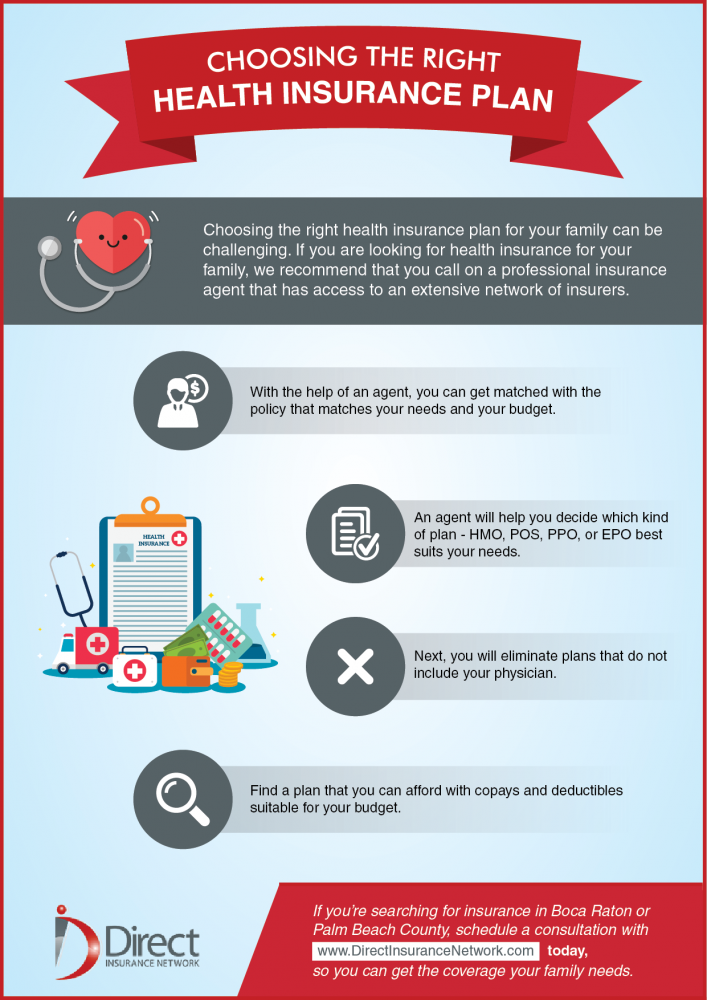Tips for Choosing the Best Health Coverage for Your Needs

Anúncios
Navigating the landscape of health coverage can be a daunting task; however, understanding one’s unique needs is the crucial first step toward making informed decisions.
This article will elucidate the essential factors to consider when evaluating health coverage options, encompassing the various types of plans available as well as the key questions to pose during the assessment process.
Additionally, it will explore helpful resources, including government assistance programs and expert guidance from insurance brokers.
By the conclusion of this article, readers will be well-prepared to select a plan that aligns with both their health requirements and budgetary constraints.
Anúncios
Understanding Your Health Coverage Needs
Understanding one’s health coverage needs is crucial for making informed decisions regarding insurance plans. This process aids in identifying the specific healthcare requirements of an individual and their family, ensuring the selection of the most suitable health insurance that aligns with their lifestyle and budget.
A thorough evaluation of these needs will facilitate the identification of appropriate coverage options, considering factors such as age, family medical history, and specific health conditions, all of which can significantly impact overall healthcare expenses.
Factors to Consider
When evaluating health insurance options, several critical factors must be considered, including premium costs, deductibles, copayments, and the out-of-pocket maximum. Each of these elements can significantly influence both financial commitment and access to healthcare services.
Understanding premium costs is essential, as these represent the monthly payments required to maintain the policy. Typically, higher premiums are associated with lower deductibles and more comprehensive coverage.
Deductibles, which are the amounts a policyholder must pay before the insurance coverage begins, can greatly affect the overall expenditure on healthcare.
Copayments are fixed amounts that individuals pay for specific services, thereby influencing the expenses incurred during routine medical visits. The out-of-pocket maximum serves as a cap on total expenses, providing vital financial protection, particularly in the event of unforeseen medical emergencies.
Together, these components determine the overall affordability and adequacy of insurance plans, underscoring the importance of thorough analysis and meticulous financial planning.
Types of Health Coverage
There are several types of health coverage available, including individual health plans, family health plans, employer-sponsored insurance, and government health programs.
Each of these options is designed to address the diverse needs and circumstances of policyholders.
Overview of Different Options
In the examination of various health coverage options, individuals may select from private health insurance, government programs such as Medicare and Medicaid, short-term health insurance intended for temporary needs, and catastrophic health insurance, which offers coverage for significant health issues alongside comprehensive coverage for a broad spectrum of health needs.
Each of these options possesses distinct features and benefits tailored to different circumstances and eligibility criteria.
For example, private health insurance generally provides greater flexibility in selecting healthcare providers and often encompasses a wide array of services, albeit at a higher cost. In contrast, government programs like Medicare and Medicaid are designed for specific populations; Medicare typically serves individuals aged 65 and older, whereas Medicaid supports low-income individuals and families.
Short-term health insurance is particularly suitable for those experiencing gaps in coverage, offering temporary solutions, while catastrophic plans are primarily intended for emergencies, characterized by lower monthly premiums in conjunction with high deductibles.
A thorough evaluation of these factors can assist individuals in identifying the most comprehensive health coverage and financial assistance options that align with their specific needs.
Assessing Your Options
Assessing health insurance options requires a comprehensive comparison process. This involves analyzing plan benefits, evaluating coverage gaps, and considering the available network of providers.
Such an approach ensures that individuals receive the necessary treatment options while minimizing substantial out-of-pocket expenses.
Comparing Plans and Providers
When comparing plans and providers, it is essential to evaluate customer reviews, policy terms, and the transparency of the claims process, as these factors can significantly influence overall satisfaction and the coverage experience.
A thorough examination of customer feedback enables individuals to assess the real-world performance of various providers, uncovering insights that extend beyond marketing claims. Understanding the eligibility criteria for each plan is critical to ensure that individuals do not invest time in options that do not align with their specific needs.
Additionally, utilizing rating systems serves as a valuable reference point for assessing the reliability and quality of services provided.
Collectively, these considerations promote a more well-considered choices process, enableing consumers to select plans that meet their expectations and provide assurance during critical periods.
Questions to Ask When Choosing Health Coverage
When selecting health coverage, it is crucial to pose pertinent questions to ensure that the chosen plan adequately addresses your needs.
This includes inquiries regarding essential health benefits, potential exclusions within the policy, and the level of customer support provided.
Important Considerations
When evaluating health coverage options, it is essential to consider the availability and scope of wellness programs, preventive services, mental health coverage, and maternity coverage, as these factors can significantly enhance the overall health care experience and outcomes.
These components contribute to a comprehensive approach to health management, enableing individuals to take control of their health journeys. By prioritizing preventive services, one ensures timely vaccinations and screenings, which can facilitate the early detection of potential health issues.
Mental health coverage is equally important, as it addresses the psychological aspects of well-being and enables access to therapy and support when necessary. Furthermore, robust maternity coverage can alleviate the financial burden associated with pregnancy and childbirth, leading to healthier outcomes for both mother and child.
Overall, these considerations play a pivotal role in shaping an effective health care experience.
Utilizing Resources for Choosing Health Coverage
Utilizing available resources, including insurance brokers, online quotes, and a thorough understanding of enrollment periods, can significantly enhance the process of selecting health coverage.
Additionally, exploring options for financial assistance can further facilitate well-considered choices in this regard.
Government Resources and Assistance
Government resources and assistance programs are essential in providing individuals with financial protection and a diverse array of coverage options, particularly for those who fulfill specific eligibility criteria.
These programs are designed to address various health needs, ranging from access to preventive care services to affordable medications and mental health support. By comprehending the different government health initiatives available, such as Medicaid, Medicare, and the Children’s Health Insurance Program (CHIP), individuals can more effectively navigate the complex landscape of healthcare options.
Accessing these resources typically requires meeting certain income thresholds or other criteria. Individuals may apply through local health departments or online platforms to ascertain their eligibility and explore the full spectrum of benefits available, which can significantly enhance their well-being.
Insurance Brokers and Agents
Insurance brokers and agents are critical partners in navigating the complexities of the health insurance landscape. They provide personalized customer service, assist with the claims process, and offer policy customization to address unique healthcare needs.
Their expertise significantly simplifies the often daunting task of selecting the appropriate plan by delivering tailored recommendations based on individual or family circumstances. By thoroughly understanding the specific requirements and preferences of their clients, these professionals enable individuals to make informed decisions, ensuring that all critical factors such as premiums, deductibles, and network providers are duly considered.
Moreover, they remain well-informed about the latest market trends and regulatory changes, which equips clients to access the most suitable options available. This comprehensive support not only enhances customer confidence but also contributes to improved health outcomes.
Frequently Asked Questions
What are some important tips for choosing the best health coverage for my needs?
1. Consider your budget: It is important to choose a health coverage plan that fits within your budget. Make sure to evaluate the cost of premiums, deductibles, and out-of-pocket expenses when making a decision.
2. Understand your healthcare needs: Take into account your current and potential future healthcare needs when selecting a plan. Consider factors such as preexisting conditions, medications, and potential lifestyle changes.
3. Research different plan options: Don’t settle for the first health coverage plan you come across. Research and compare different plans to find the one that offers the best coverage for your specific needs.
4. Check the network of healthcare providers: Make sure the plan you choose has a network of healthcare providers that you trust and are conveniently located for you.
5. Evaluate the coverage benefits: Look into the specific coverage benefits of each plan, including services such as preventative care, prescription drugs, and mental health care. Choose a plan that aligns with your specific needs.
6. Consider the level of customer service: It is important to choose a health coverage provider that offers good customer service and support. This will ensure that you have a positive experience when dealing with any potential issues or concerns.


